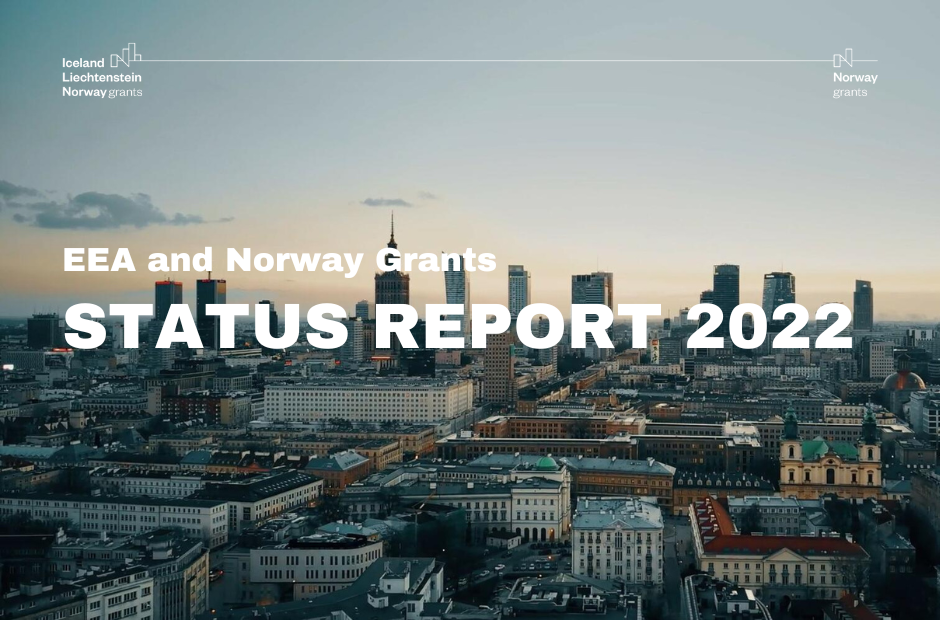
8 June 2023 – The Financial Mechanisms Office published the 2022 Status Report. This report highlights Iceland, Liechtenstein and Norway’s contributions to a green, competitive and inclusive Europe by the end of 2022.
Europe is facing formidable challenges. Russia’s unjustified aggression against Ukraine is not only an attack on Ukraine, but an attack on our common values of freedom, democracy, respect for human rights, and rules-based international order. Ukraine’s neighbouring countries, many of which are EEA and Norway Grants Beneficiary States, are contending with challenges related to a massive influx of refugees and the consequences this entails. To alleviate the situation, some of the EEA and Norway Grants funds were used to provide help to Ukrainian refugees in the Beneficiary States. By the end of 2022, more than EUR 13 million had been committed to projects and initiatives to this end.
The overall aim of the EEA and Norway Grants is to reduce social and economic disparities in Europe. Support under the Grants scheme is intended to safeguard the fundamental values of democracy, respect for human rights and the rule of law. Today, the EEA and Norway Grants are the largest single source of funding for civil society organisations working to promote these values in the Beneficiary States. This funding is more essential than ever in light of the shrinking civic space and increasing pressure on democracy and the rule of law seen in various countries in Europe over the past years.
By maintaining a strong focus on bilateral partnerships, the Grants also help to build competence and capacity, create networks, develop business ideas, and expand market shares. Some of these results are presented in this Status Report. The report provides an overview of activities carried out under the EEA and Norway Grants up to the end of 2022. It highlights the benefits of our collaborative efforts and provides insight into how Iceland, Liechtenstein and Norway are working together to promote a greener, more competitive, and more inclusive Europe.
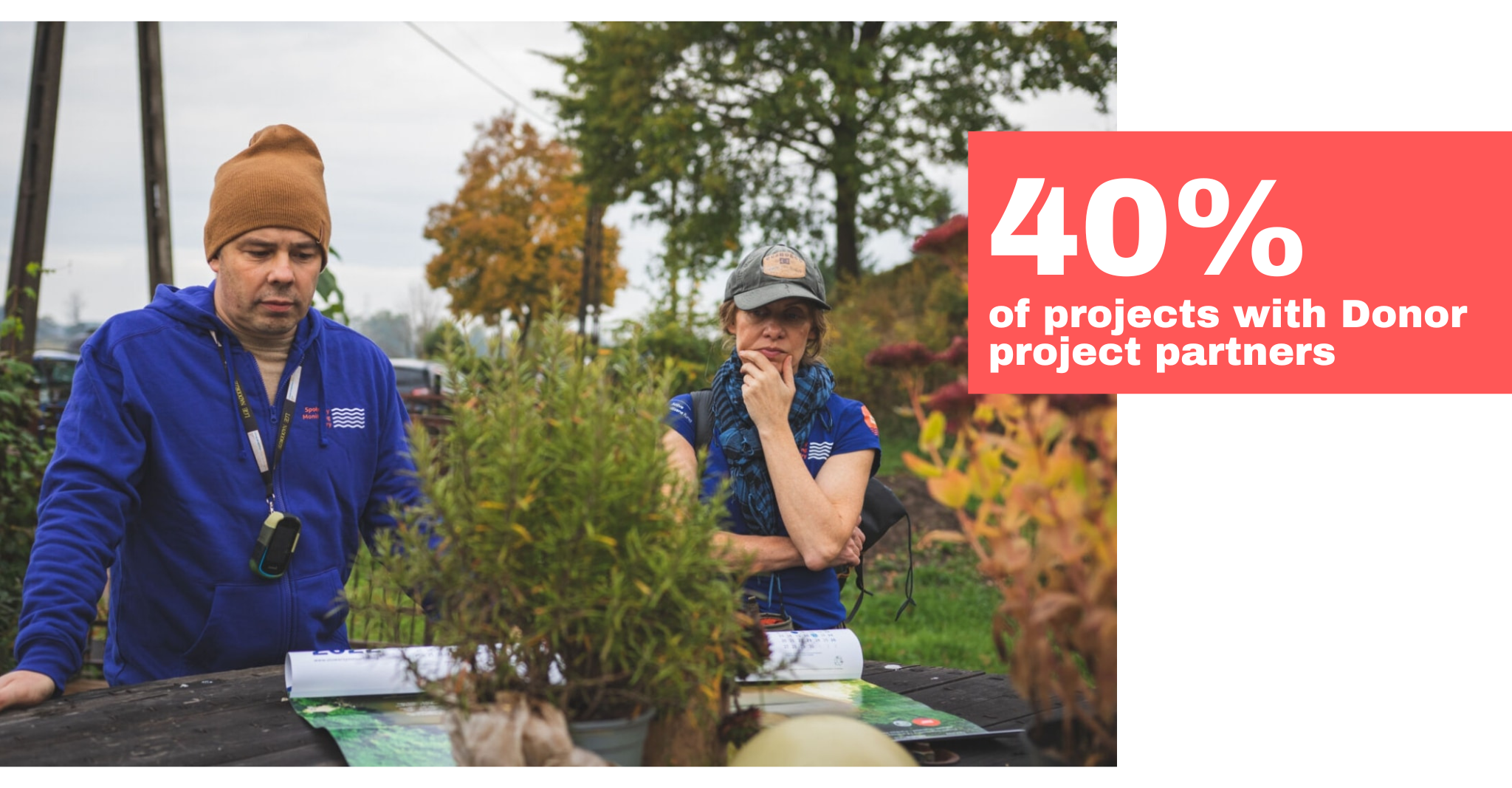
At the end of 2022, all 97 programmes were under implementation, and contracts for more than 6,000 projects had been signed within the framework of the Grants’ total allocation of EUR 2.8 billion. In total 1,056 companies had received support and 3,976 jobs had been created. More than EUR 210 million had been distributed to civil society organisations, and 40% of all projects had a donor partner. With programme implementation running until 2024, we are confident that we will be seeing many more results in the time ahead.
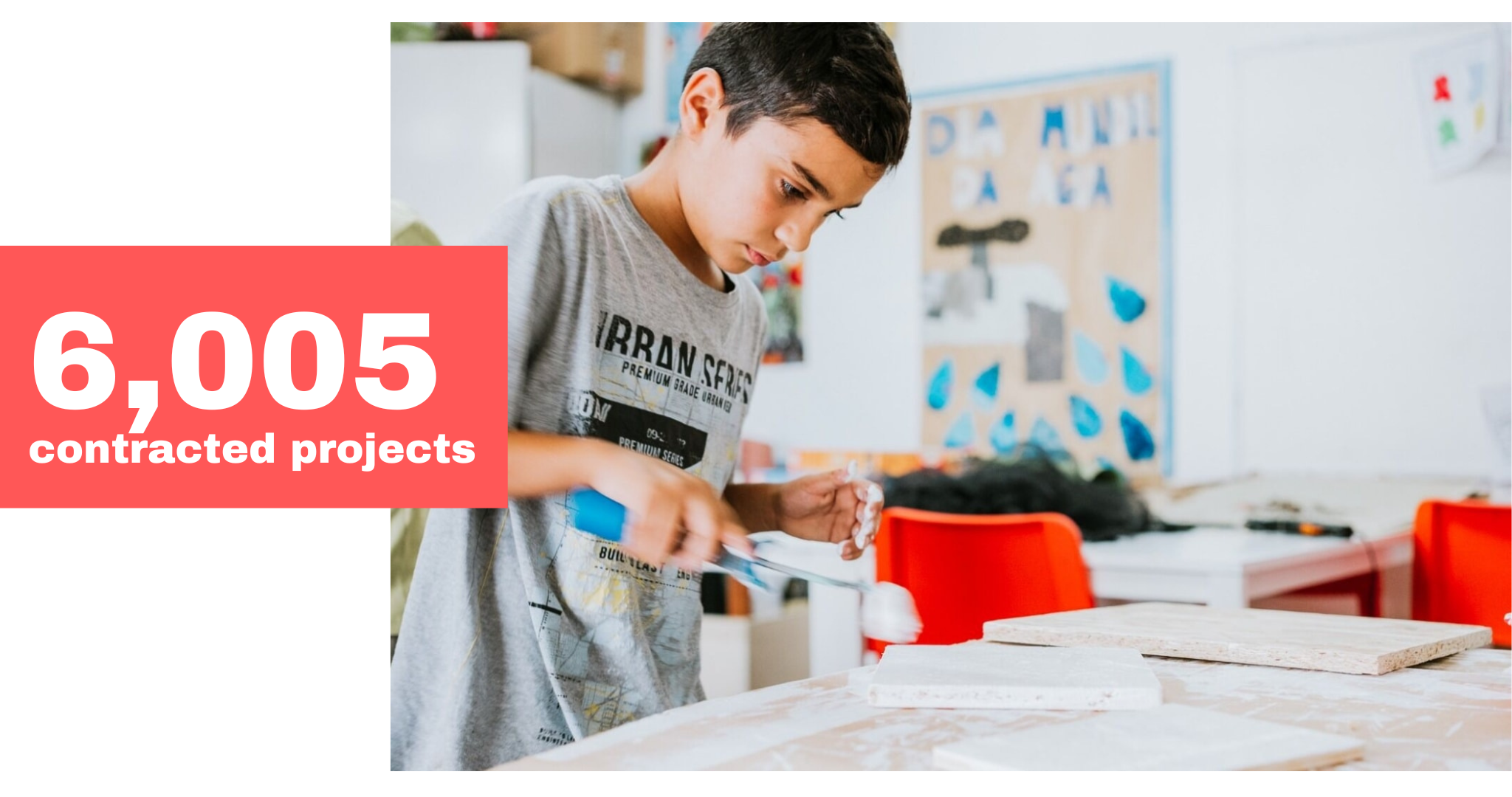
Green Europe
Europe faces significant challenges from climate change, environmental degradation, and insufficient sustainable energy. The European Green Deal aims to make the EU the first climate-neutral continent by 2050, requiring systemic transformations and substantial investments. The EEA and Norway Grants fund projects that promote a greener Europe, ensuring compliance with EU environmental standards, fast-tracking clean energy technology, and promoting energy-efficient solutions. €421.1 million is allocated for the Green Europe for 15 programmes and 672 projects being impelmented in 12 beneficiary states. 43% of the projects involve donor project partner.
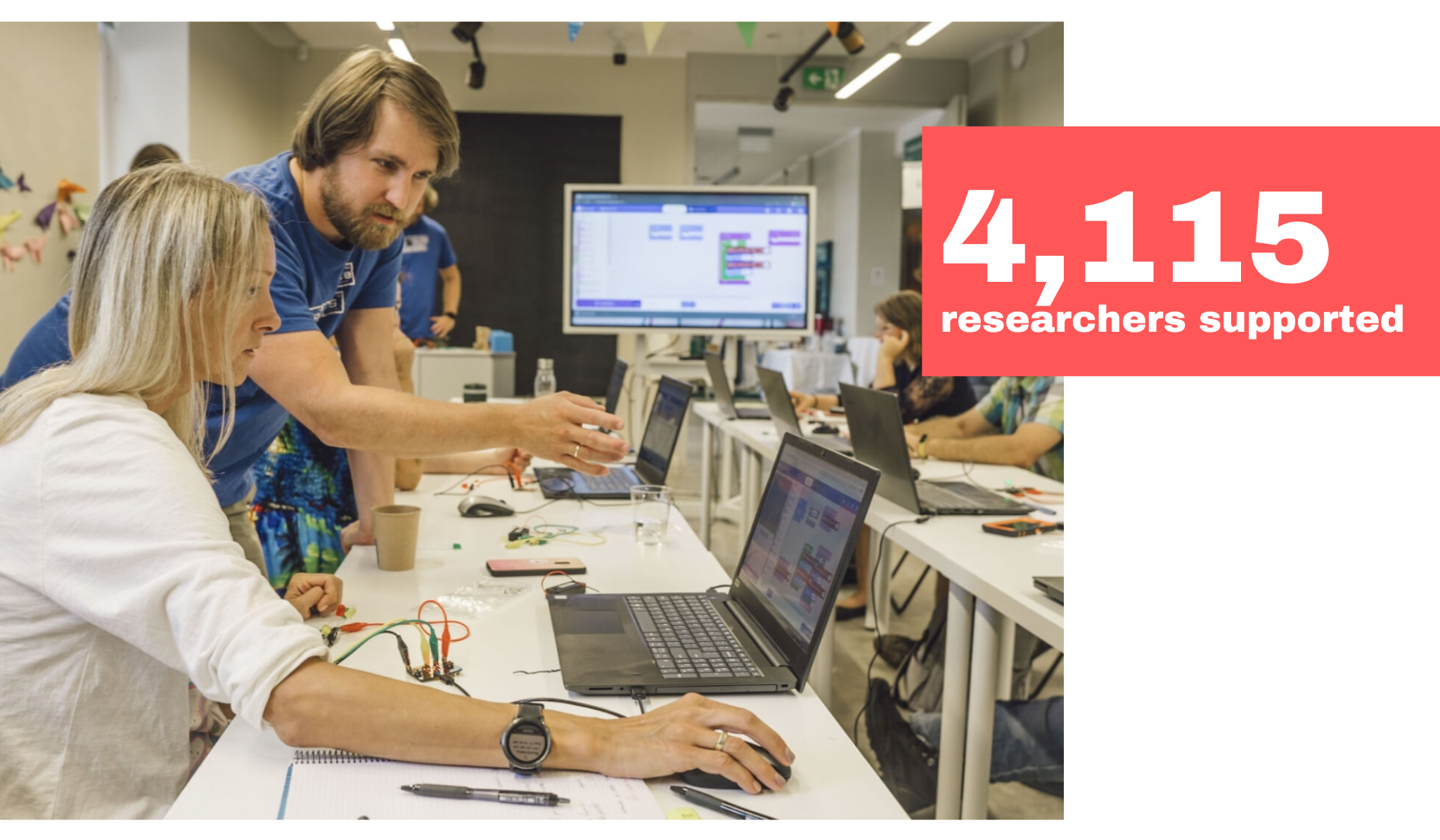
Competitive Europe
Europe is accelerating its green transition amidst the COVID-19 pandemic recovery, the ongoing war in Ukraine, and new challenges like price increases and supply chain disruptions. The EEA and Norway Grants support private enterprises, research institutions, and higher education to foster sustainable growth and competitiveness. The Grants contribute to EU’s sustainable growth goals by bridging funding gaps and building research and innovation capacity in the Beneficiary States. €830.9 million is allocated for the Comptetitive Europe for 38 programmes and 1,807 projects being impelmented in 14 beneficiary states. 63% of the projects involve donor project partner.
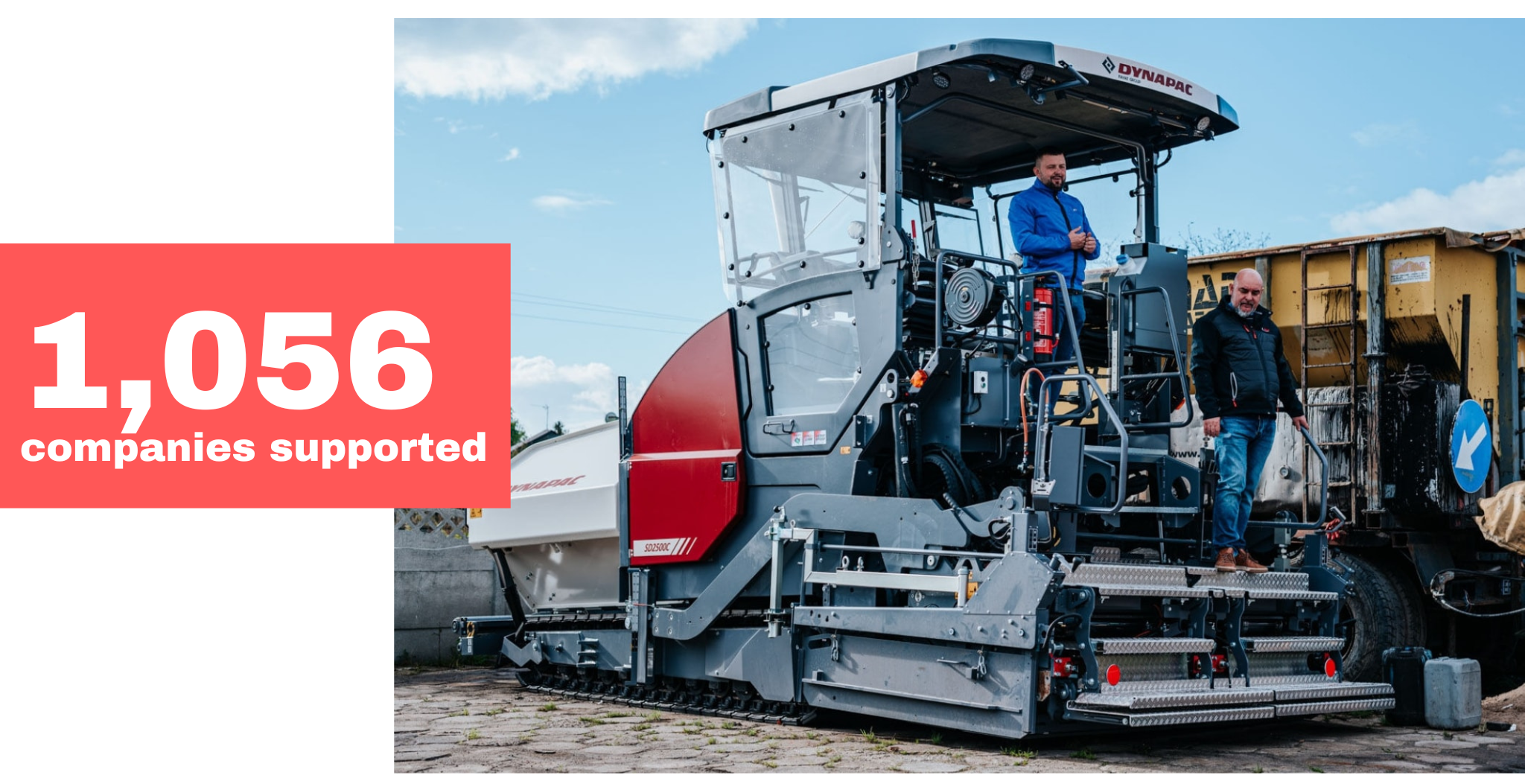
Inclusive Europe
The Russian invasion of Ukraine in 2022 has significantly impacted lives and exacerbated existing inequalities in Europe, highlighting the need for a more inclusive society. The EEA and Norway Grants are committed to fostering inclusivity, with over €1 billion provided to projects in priority sectors such as social inclusion, culture, civil society, and justice. These initiatives build capacity and accountability of institutions and help empower vulnerable groups. Despite not being an emergency support mechanism, the Grants have quickly channelled €13 million to address the refugee crisis caused by the war, supporting civil society organisations in Beneficiary States. €1,061.3 million is allocated for the Inclusive Europe for 58 programmes and 3,526 projects being impelmented in 14 beneficiary states. 27% of the projects involve donor project partner.
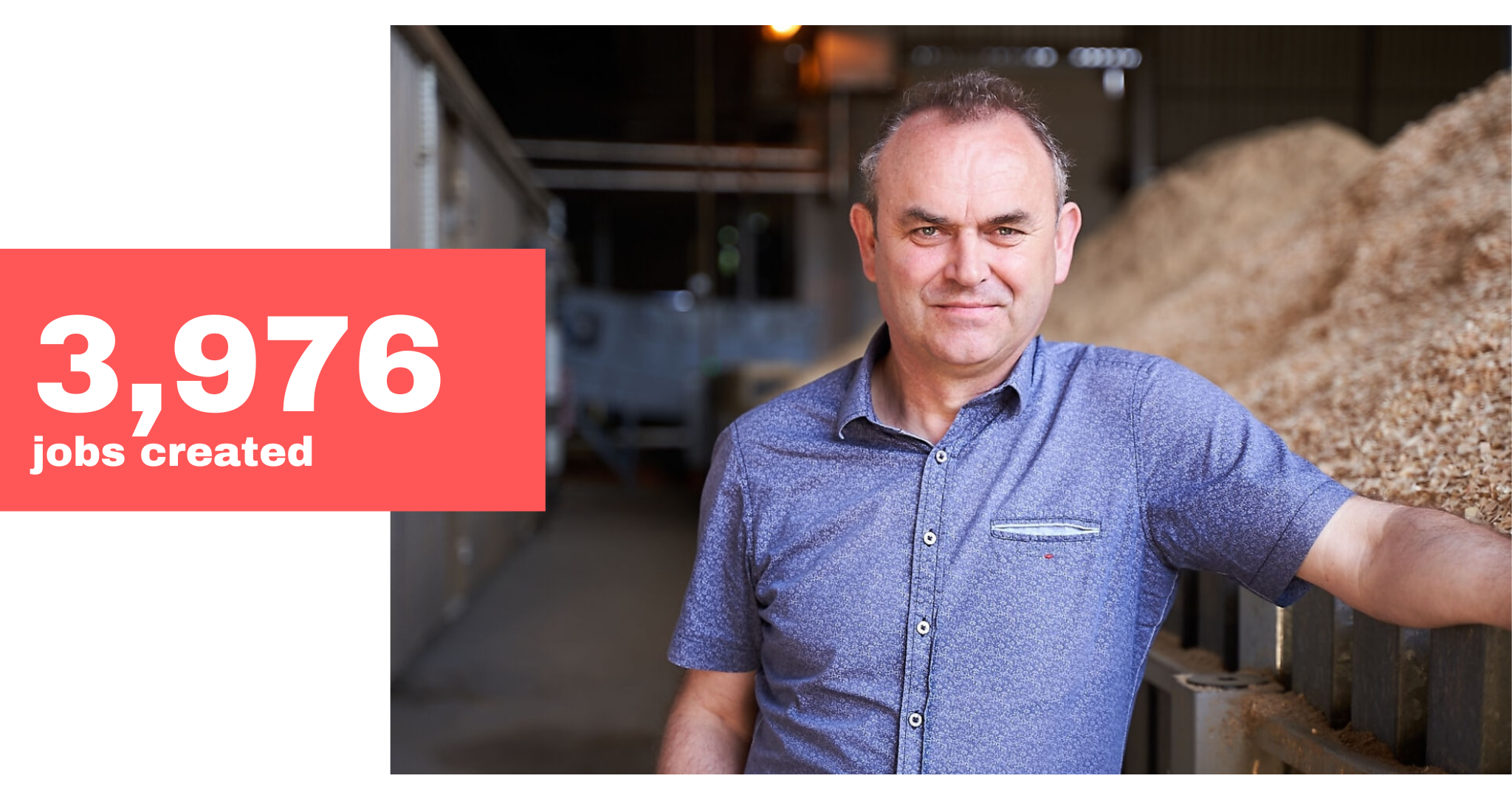
In these uncertain times, it is important to continue to strengthen European values. The EEA and Norway Grants are one of the means that Iceland, Liechtenstein, and Norway are using to address this. Donor states look forward to continuing close cooperation with all the Beneficiary States in the year to come.